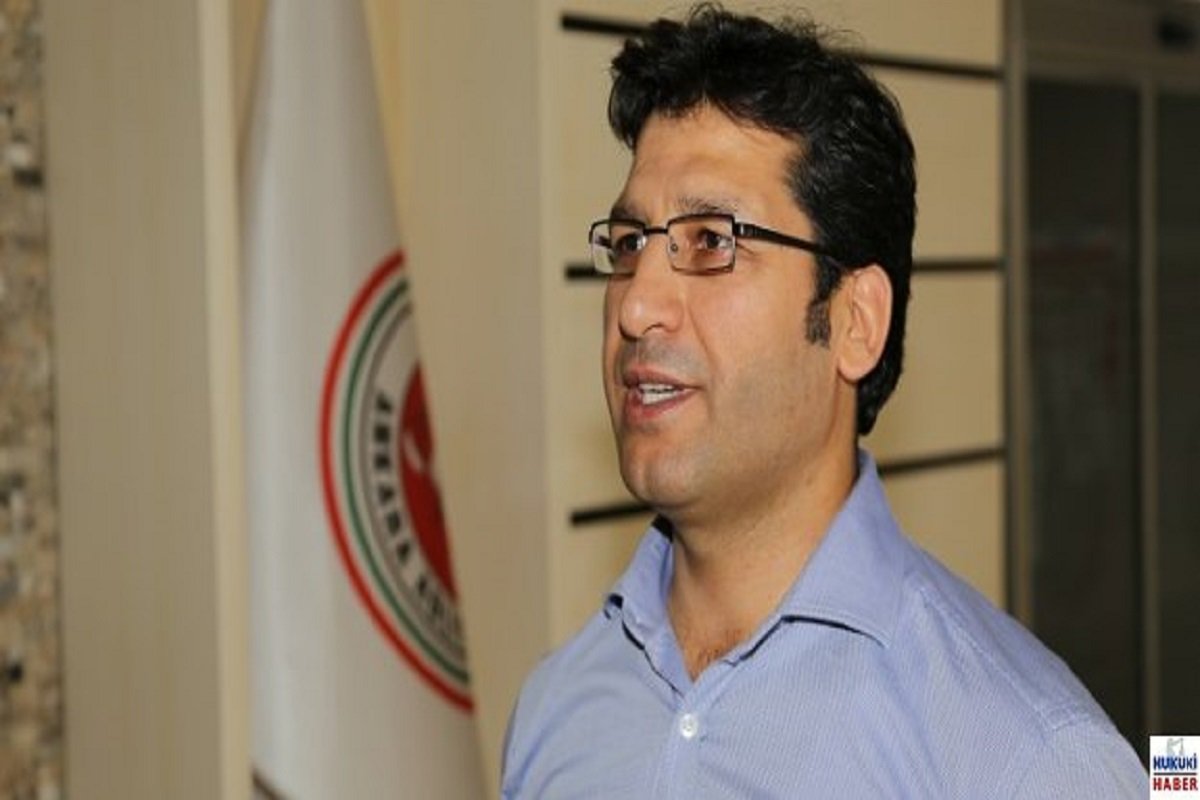As Turkey receives growing criticism for withdrawing from an international treaty to combat domestic violence, Interior Minister Süleyman Soylu has claimed the number of femicides in Turkey decreased by 21 percent in the first quarter of 2021, compared to the same period last year.
Speaking at a meeting on combating violence against women, Soylu said 55,231 women have faced violence during the same time period, the state-run Anadolu news agency reported.
According to women activists the government doesn’t not provide the real number of women killed and the official figures are not correct. They previously called on authorities to be transparent about femicide numbers if they are to effectively combat it.
A report released by the Stop the Murder of Women Platform showed that 28 women in Turkey were victims of fatal domestic violence and 19 others were found dead under suspicious circumstances in March alone.
Activists started a new campaign in January against femicide in Turkey, calling on authorities to be more effective in preventing femicide and protecting women. As a first step, the activists demanded that the government monitor exactly how many women are murdered annually.
According to a report previously published by Sezgin Tanrıkulu, a human rights defender and deputy from the Republican People’s Party (CHP), nearly 7,000 women have been victims of femicide during the 18 years that the Justice and Development Party (AKP) has been in power.
The report said one of the main reasons for the increase in deaths was because women were not taken seriously by law enforcement when they complained about violence. “Women go to the police and file a complaint against their partners after a violent incident,” said the report. “However, instead of taking the necessary legal steps against the perpetrators, the authorities act as conciliators and try to reconcile the partners.”
Hülya Atçı Nergis, a deputy from the ruling Justice and Development Party (AKP), recently said in a controversial remark that women also bear some guilt for male violence.
“Women raise the men who eventually go on to kill other women,” she said on a local television program. “Men are the ones who are always blamed, but in this regard, don’t women have any fault?” she said. Nergis had also said in early March that more men were killed than women.
Nergis added that the feminist movement in Turkey was “disturbing” and that everyone was speaking with the same feminist concepts. “I have broken the taboo with regards to the feminist language,” she said. “Although I have received criticism, I am telling the truth, and the disadvantaging of men in these matters disturbs me.”
Turkey withdrew from the Istanbul Convention, the Council of Europe’s (CoE) binding treaty to prevent and combat violence against women, through a presidential decree issued by President Recep Tayyip Erdoğan on March 20.
The 2011 Istanbul Convention was signed by 45 countries and the European Union, of which Turkey was the first. It requires governments to adopt legislation prosecuting perpetrators of domestic violence and similar abuse as well as marital rape and female genital mutilation.















